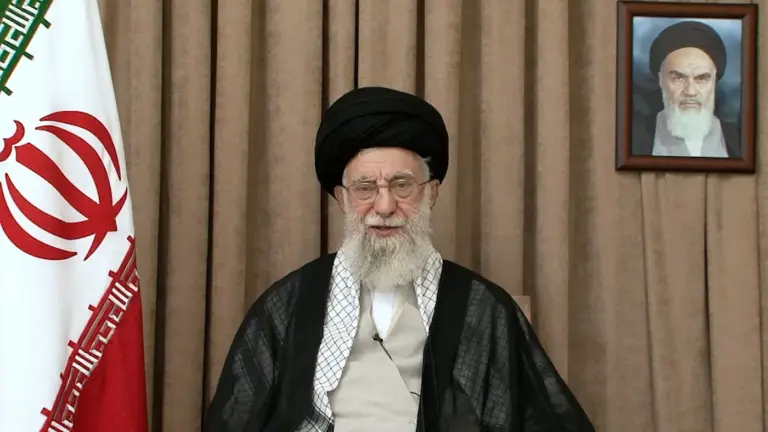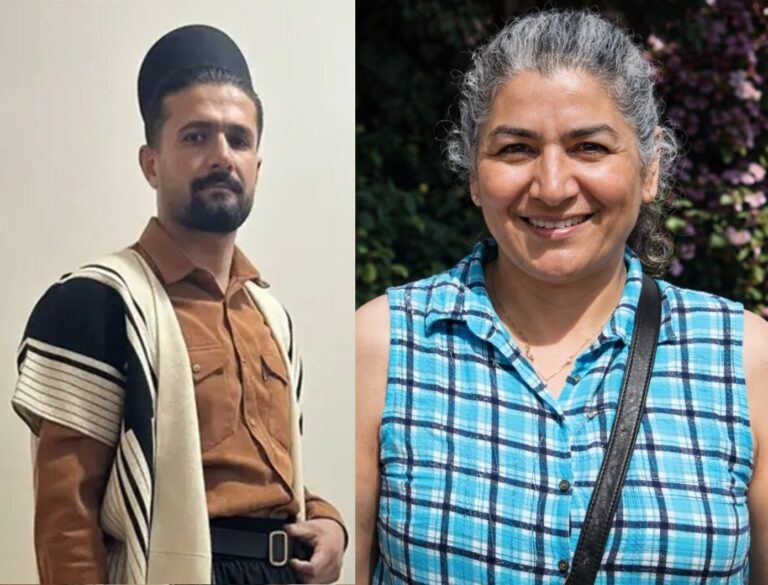
Photo: Elias Turk/ACI MENA
Iran’s Catholic archbishop has admitted that the doors to the churches he oversees are “closed to almost everyone”, and said he prays “one day perhaps the door can open to others”.
“Our doors … are open for [Catholics] but are closed to almost everyone else,” Fr Dominique Mathieu told EWTN News.
“We … also keep the doors open to our Assyrian or Armenian Church brothers and sisters — they can come, it’s not a problem, because we are not an ethnic Church. We maintain a door, praying from within, hoping that one day perhaps the door can open to others.”
Fr Mathieu, who is due to be appointed as one of Pope Francis’ new cardinals on Saturday, said he remains “convinced” of the “importance” of Church’s “non-verbal” witness, adding: “Proselytism cannot be done, but we are not prevented from living in society and bearing witness.
“The importance of our witness, of praying, of having a virtuous life, of working on our sanctification, because there we are truly also a leaven for the country. We can be that salt that gives life.”
There are less than 2,000 Catholics in Iran, and only they “can gather in churches that are recognised by the state,” Fr Mathieu acknowledged. “Only they can enter these places of worship”, and only “during services or times that have been announced to the authorities regarding the churches themselves”.
Pope Francis said last month that it was “a lie” to say the Catholic Church was opposed to the government of the Islamic Republic of Iran, but “freedom of conscience and religion is the cornerstone of the entire edifice of human rights”.
“Nor is freedom of religion limited to the expression of worship,” he said. “It also entails complete freedom in the matter of one’s own beliefs and religious practice.”
The pope added that he was “aware” of the “challenges” the Church in Iran faces “as it perseveres in bearing witness to Christ and contributing, quietly but significantly, to the good of society as a whole, while rejecting all religious, ethnic or political discrimination”.
Iran’s 2,000 Catholics represent just a tiny fraction of the country’s estimated 800,000 Christians, the vast majority being converts from nominally Muslim backgrounds, who are not permitted to attend either Roman Catholic churches or those belonging to the Armenian and Assyrian minorities, who are estimated to number between 50,000-80,000.
With no place to worship, converts meet together in their homes in what have become known as “house-churches”, but these are considered “illegal gatherings” of “enemy groups” and, once discovered, members are routinely arrested and can face lengthy imprisonment on charges of “acting against national security”.



0 Comments
Trackbacks/Pingbacks